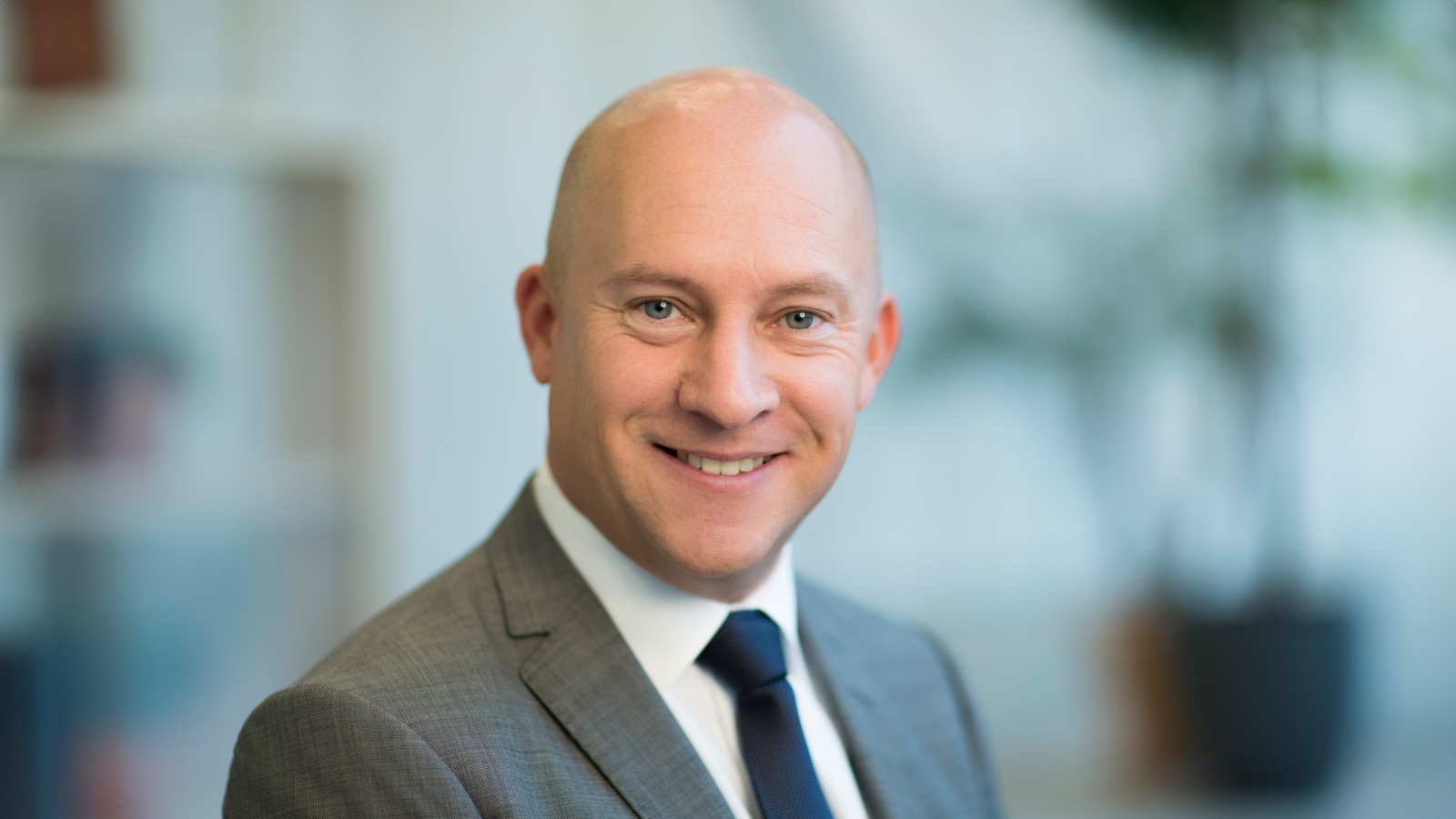 Patrick Johansson, President – Market Area Europe, Middle East, and Africa
Patrick Johansson, President – Market Area Europe, Middle East, and Africa
Johansson: Vision 2030 is the foundation for this impressive technological development in Saudi Arabia and we at Ericsson are proud to be a part of it
How does the establishment of Ericsson's
new headquarters in Riyadh enhance their company's strategic presence across
the Middle East and Africa?
This is a true milestone for us, having our
headquarters in Riyadh and in Saudi Arabia, it is a very, very important
innovation hub for the overall region, and of course, it's an economic
powerhouse as well. So by establishing ourselves here with our current Saudi
customers and the overall ecosystem, we look forward to expanding beyond and making
sure that we together build this business into a greater future opportunity.
In what ways will this new regional hub
support the digital transformation goals outlined in Saudi Arabia's Vision 2030?
First of all, I would like to say that
Vision 2030 is the fundamental foundation of this impressive development. This
is a key part of how we position ourselves - making it a top priority to
establish ourselves as a true headquarters here in Riyadh. It is also a
continuation of what we have been doing in Saudi Arabia since 1978, building on
our commitment to communication and growth in the region.
We are now focusing on the digital platform
for innovation and how we collaborate with our customers, primarily stc and
Mobily, to expand into new areas, explore innovative solutions, and develop new
business models built on this platform.
How is Ericsson contributing to the
development and deployment of advanced connectivity solutions in Saudi Arabia
to support the country's digital transformation ambitions?
Saudi Arabia has always been at the
forefront of technology, and now, in line with the vision, that momentum has
accelerated even further. New technologies are often launched early or even
first in the Kingdom, and we are proud to be part of that, working closely with
our customers. Beyond our direct clients, we are also exploring opportunities
in ambitious projects like Neom, as well as collaborations with universities,
including ongoing work into 6G development.
How does Ericsson plan to further
support and develop local talent through programs like the fresh graduate
program and the KSA sphere program with new headquarters in place?
First of all, we are very proud of the
program that we have in place. We believe that with the new headquarters, it
will become even more attractive for top talent to join our program, as
collaboration with the region and beyond will be easier. This will allow us to
scale our initiatives further and make the program more appealing to leading
professionals from around the world.
How does the Riyadh headquarters aim to
support the deployment of advanced technologies like 5G, AI, and future
connectivity in line with the regional goal?
By building on the activities that we have
already established in this region, we are now connecting these efforts more
broadly. For example, we observe stc making investments abroad, not only under
their own name but also through investments in other operators. This approach
allows us to ensure that we follow our customers as they expand globally, while
delivering top-tier technology. It is not only about terminal knowledge itself
but also about how this knowledge is applied and integrated. The innovation reflected
in our building patents is also aligned with future developments, many of which
stem from collaborations within the Kingdom.








